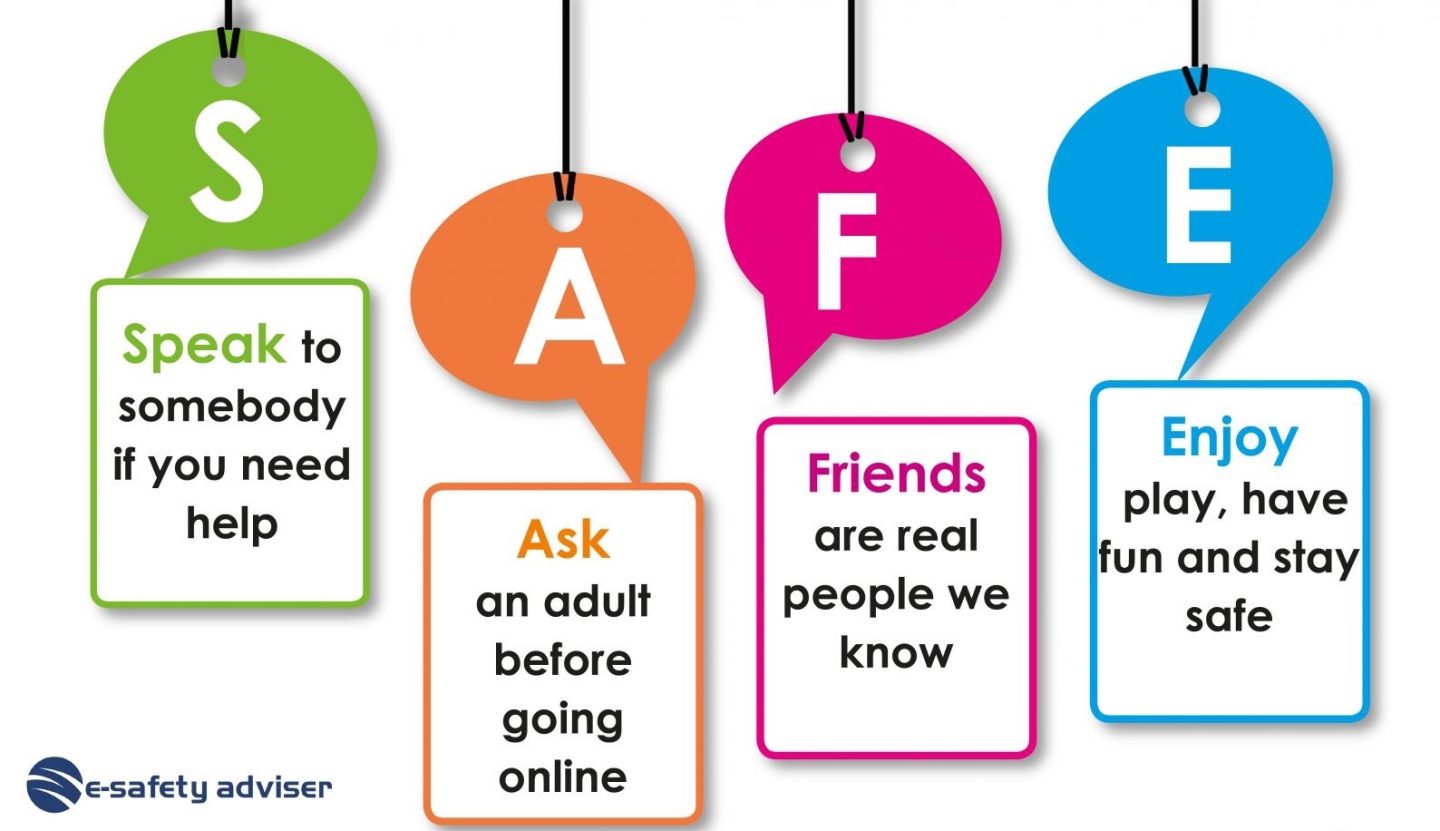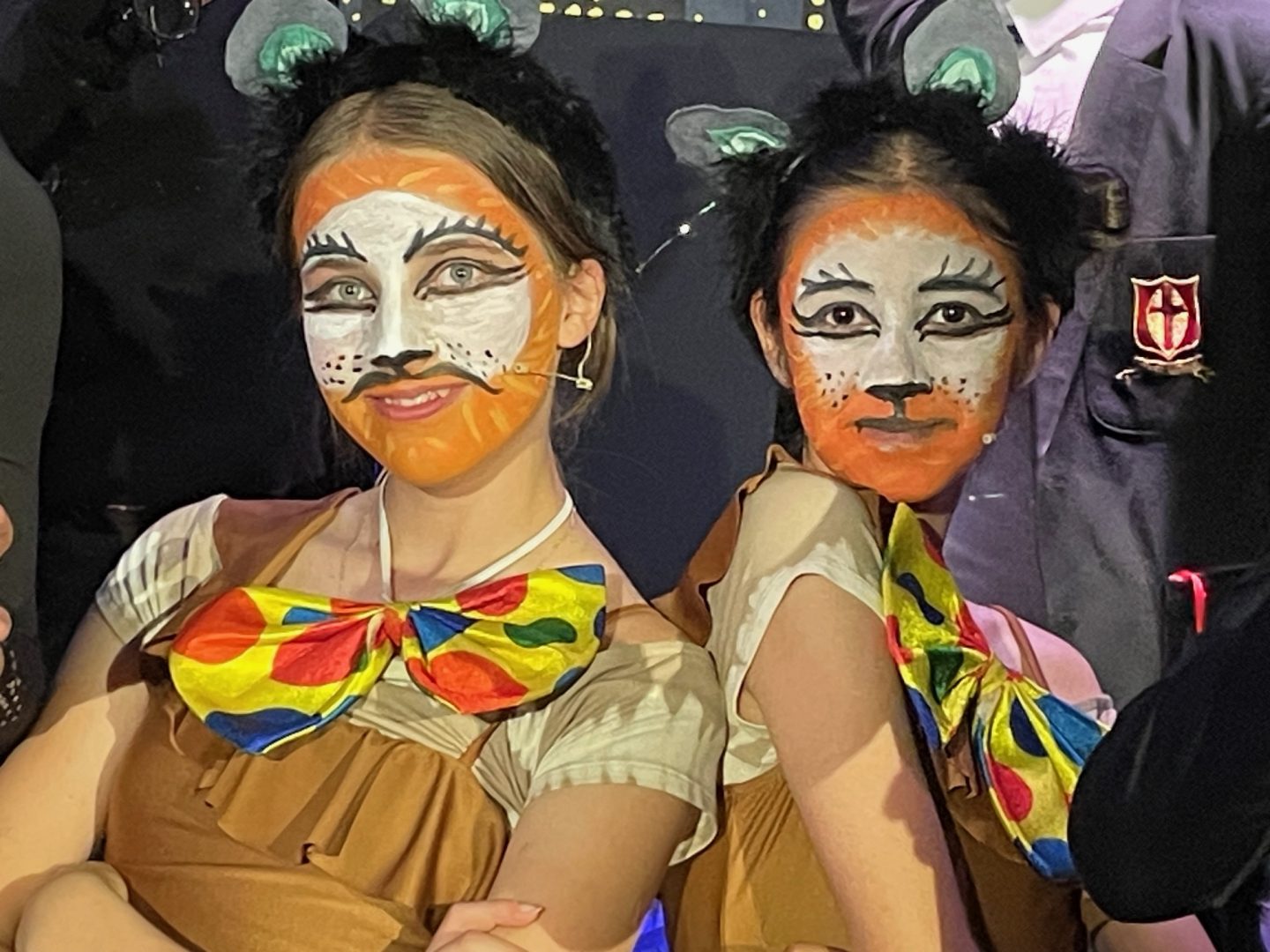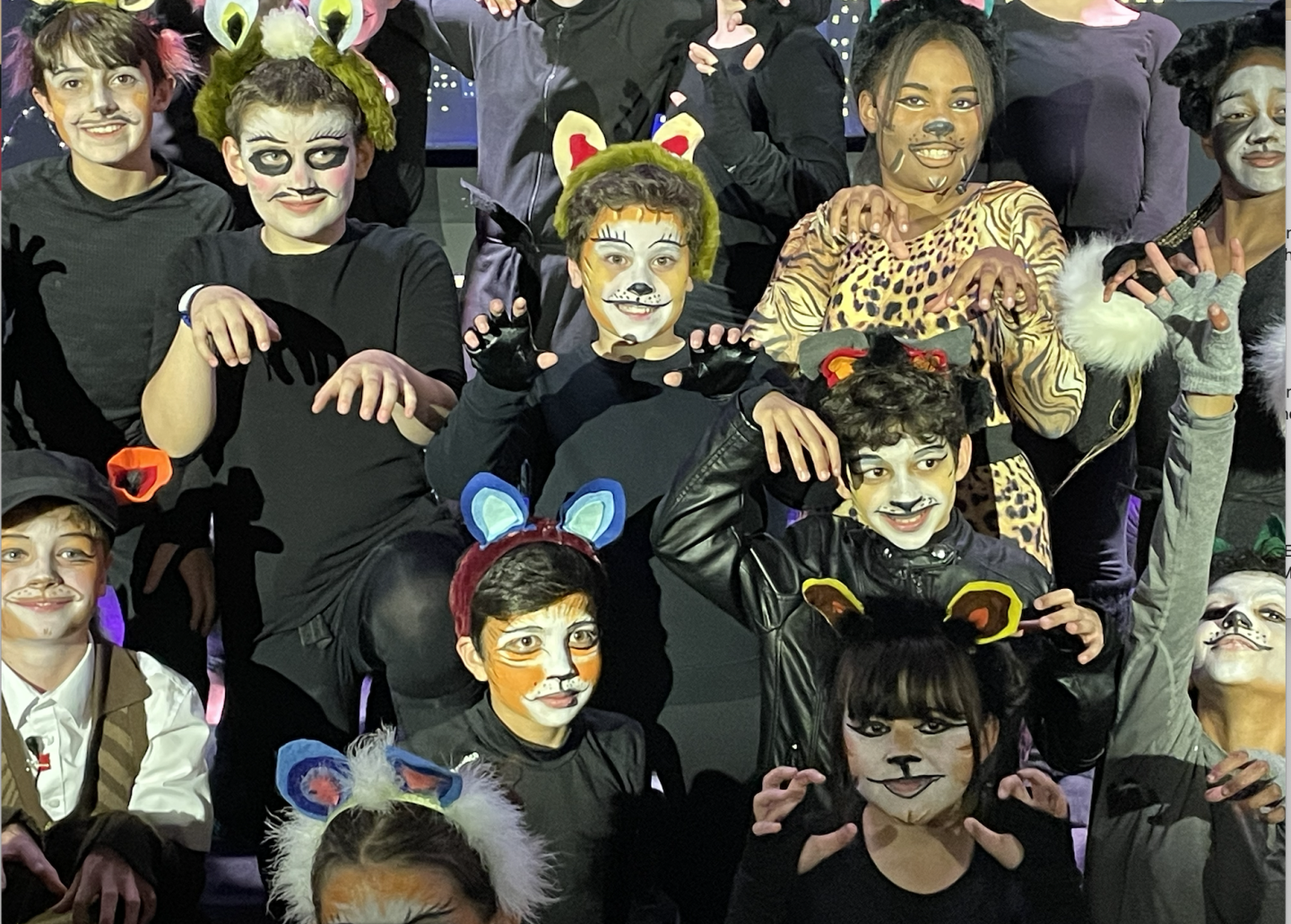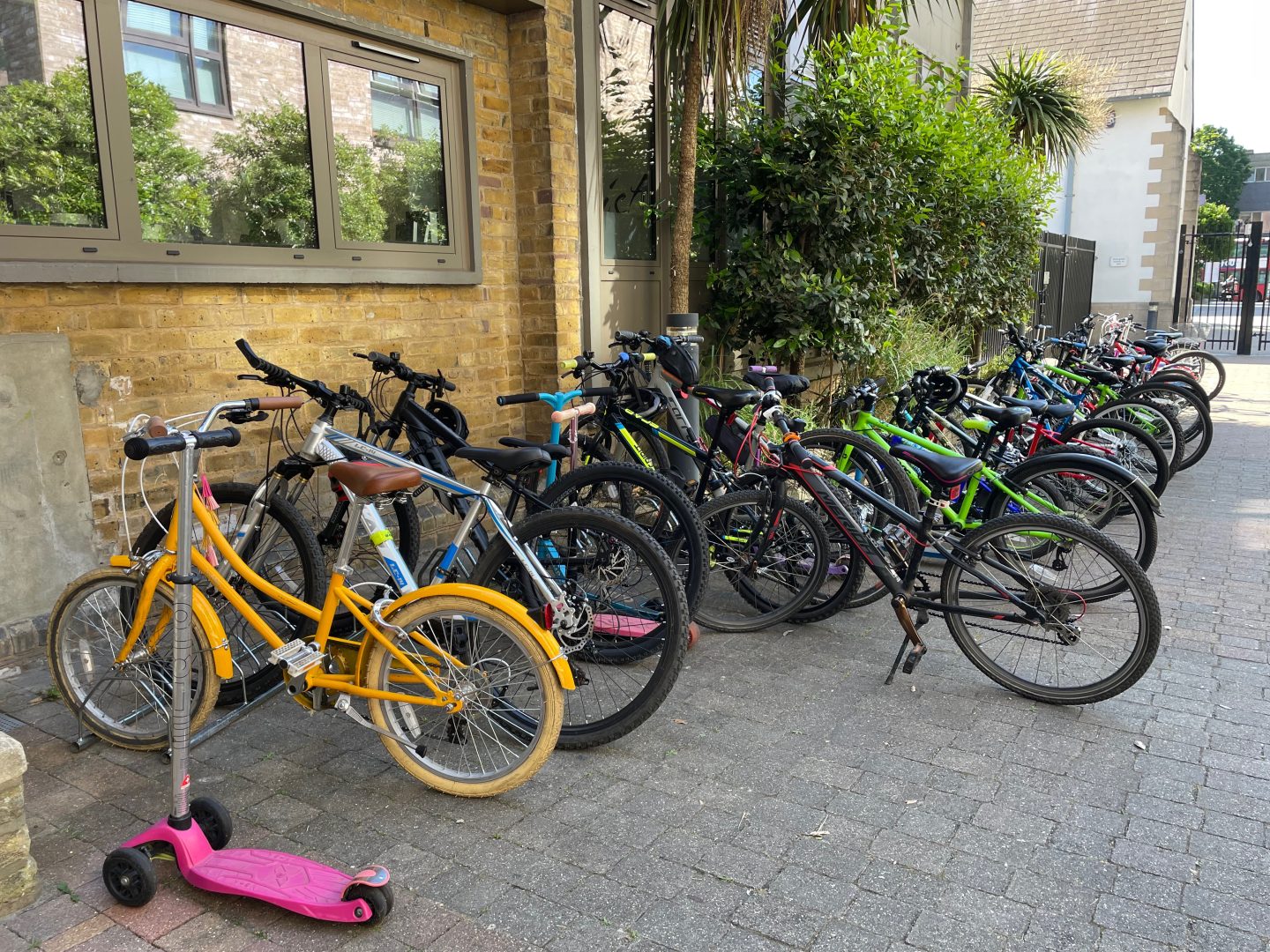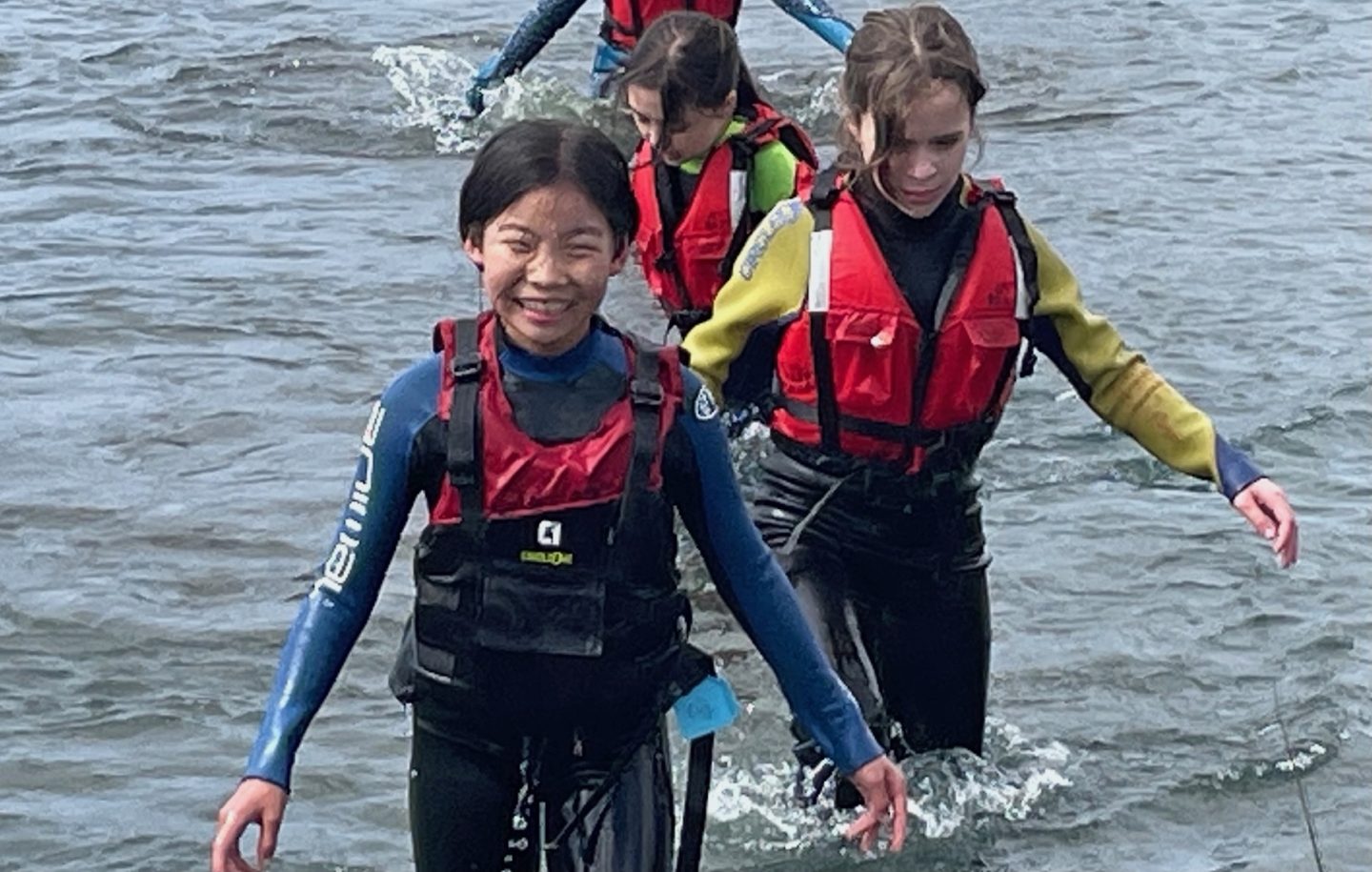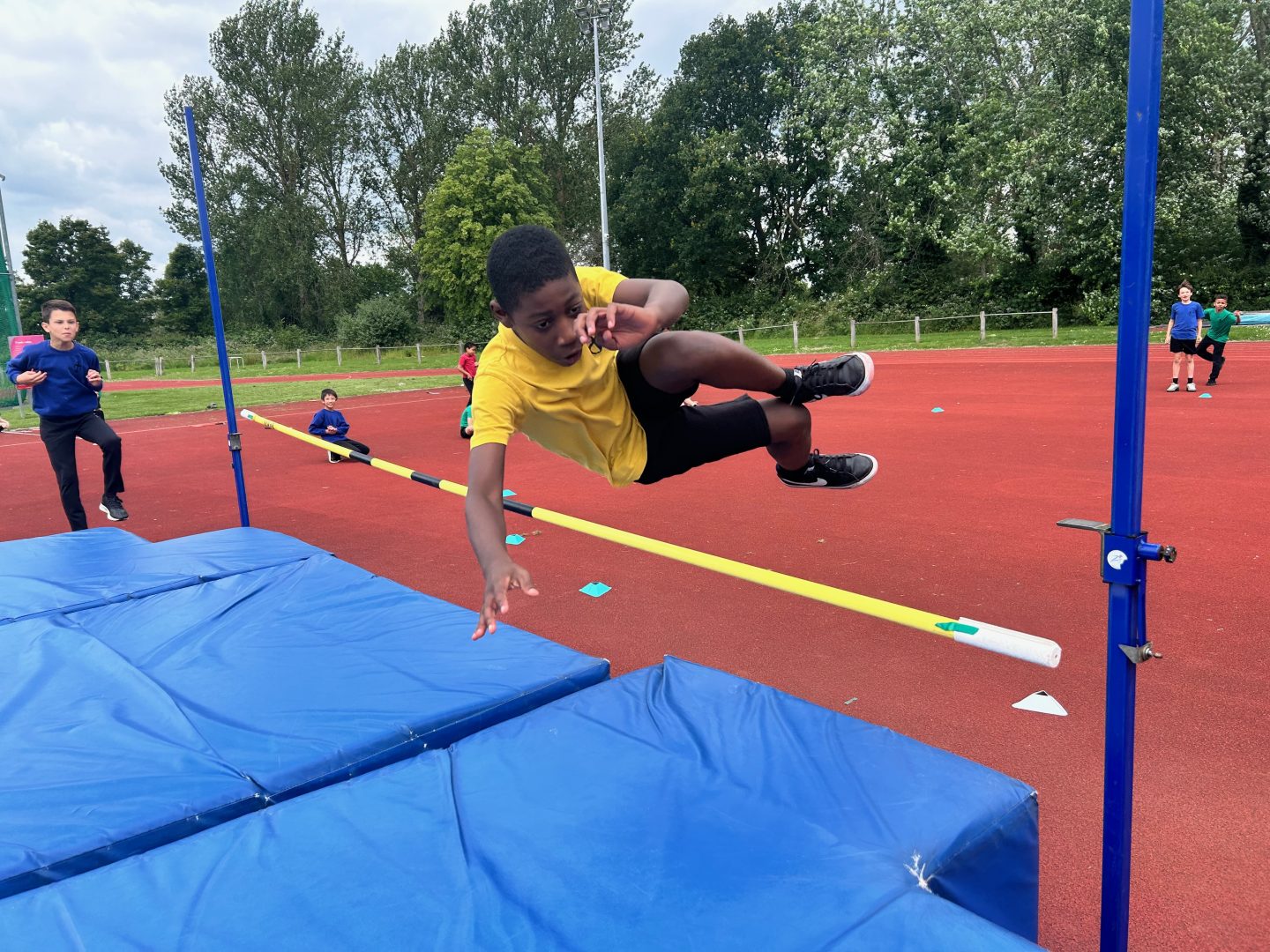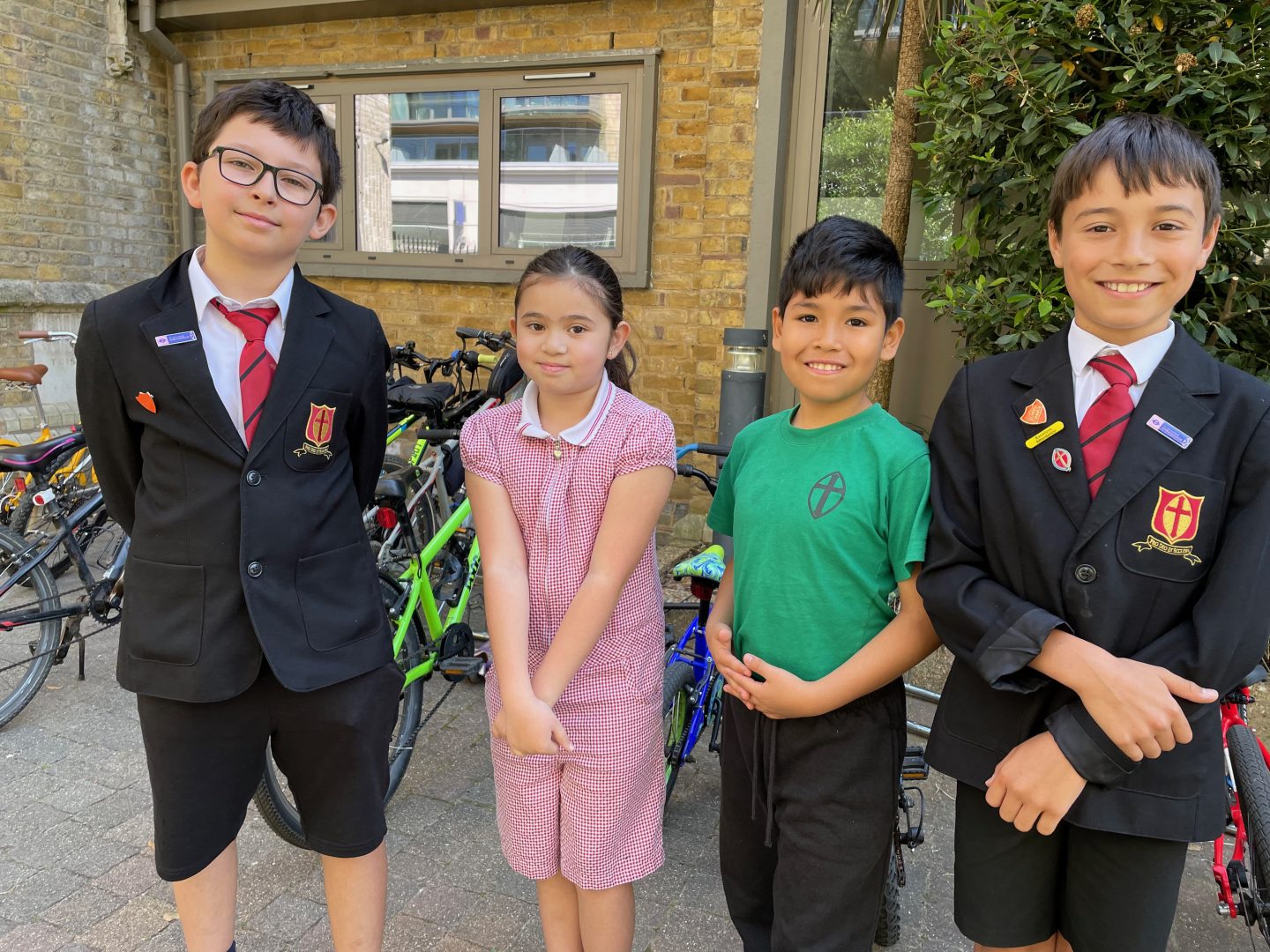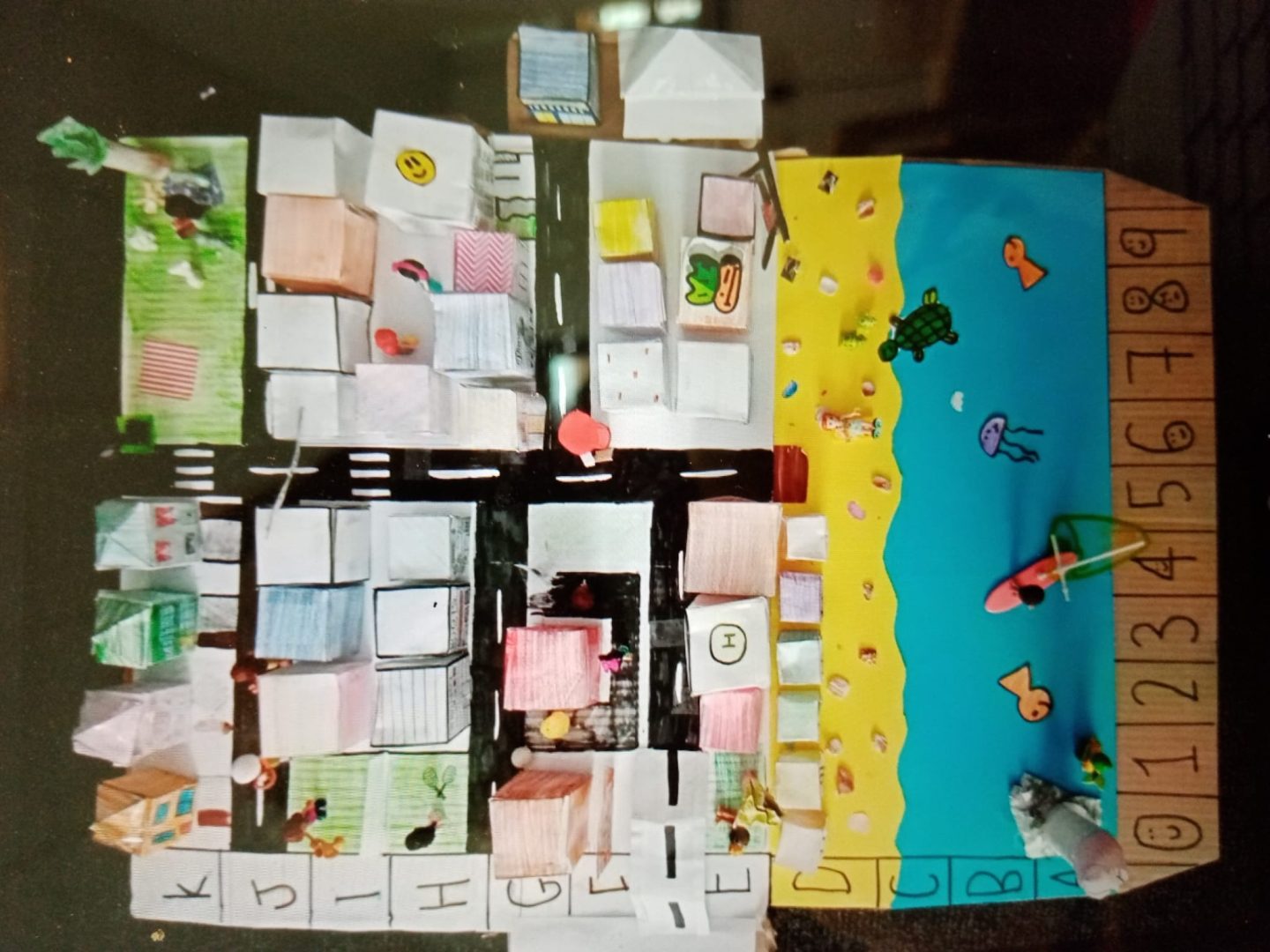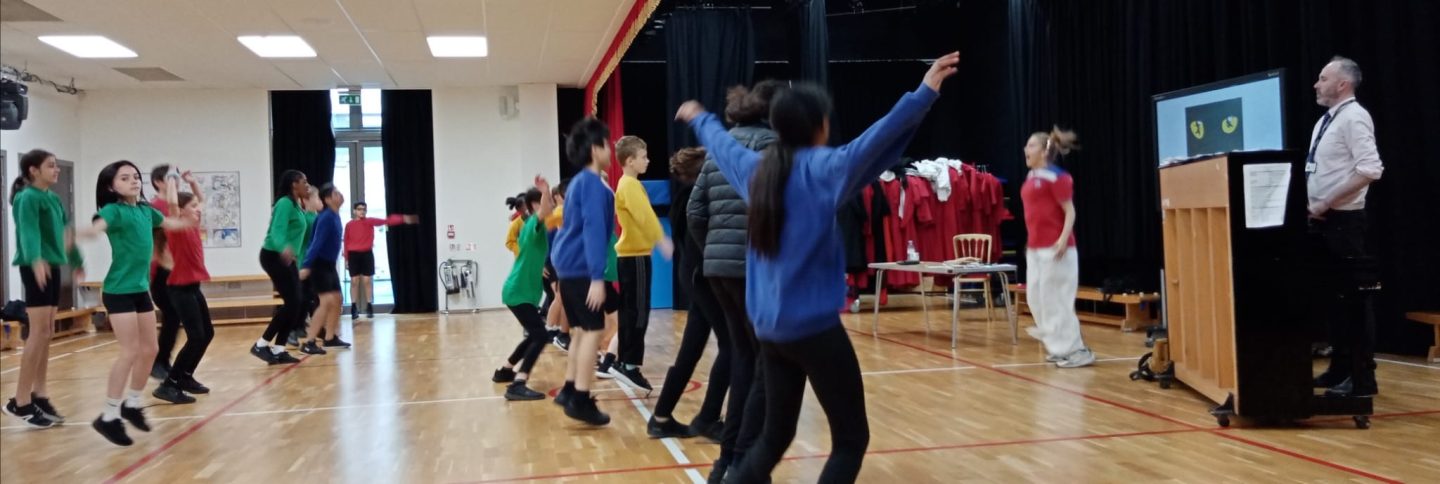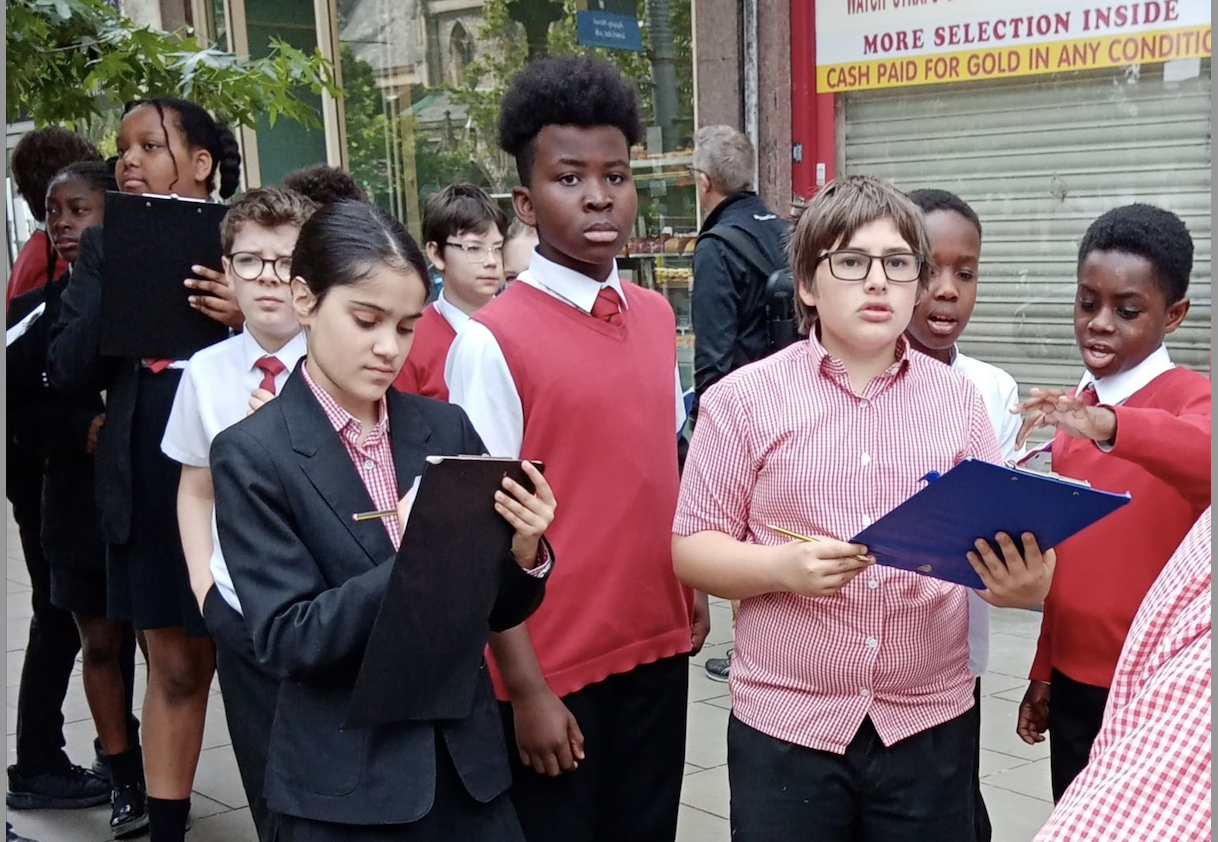Implementation
The national curriculum for mathematics aims to ensure that all pupils:
- become fluent in the fundamentals of mathematics, including the varied and regular practice of increasingly complex problems over time.
- reason mathematically by following a line of enquiry, understanding relationships and generalisations, and developing an argument, justification or proof using mathematical language.
- can solve problems by applying their mathematics to a variety of problems with increasing sophistication, including breaking down problems into a series of simpler steps and persevering in seeking solutions.
In order to support the children’s development in maths we use the White Rose schemes of learning, alongside the national programmes of study to inform the planning of our curriculum.
Pupils build their factual and procedural fluency through daily practice and application of key number facts and knowledge. Our approach places an emphasis on mathematical reasoning and the use of accurate vocabulary to explain and justify. Problem solving tasks provide pupils the opportunity to use and apply their understanding of mathematical concepts and build resilience and perseverance.
We use a wide range of concrete resources (cubes, numicon, dienes, counters and more) in daily lessons, to support and aid investigation, problem solving and reasoning process. Number bonds and multiplication cards are introduced from Year 1 to support children in memorising key number facts and develop fluency.
CTS Calculation Examples
Early Years Foundation stage
The maths curriculum is split into two main areas; numbers and shape, space and measure. As in the rest of school maths is taught in a hands on way with a wide range of resources. Children will use play and exploration to develop mathematical skills and understanding. Learning happens in many different contexts in and outside of the classroom.
KS1
By the end of Y2 pupils should be confident in mental fluency with whole numbers, counting, place value, the four operations and number bonds to 20. Pupils should be able to recognise, describe, draw, compare and sort different shapes and use the related vocabulary. They should also be able describe and compare different quantities such as length, mass, capacity/volume, time and money.
KS2
The principal focus of maths learning in lower key stage 2 is to ensure that pupils become increasingly fluent with whole numbers and the four operations, including number facts and the four operations. Pupils develop efficient written and mental methods and perform calculations accurately with increasingly large numbers. Pupils develop their ability to apply their fluent methods to solve a range of problems, including problems that involve simple fractions and decimal numbers.
As pupils move to upper key stage 2, they extend their understanding of the number system to include larger integers. Pupils develop their understanding of the connections between multiplication and division with fractions, decimals, percentage and ratio. Pupils are given regular and frequent opportunities to reason mathematically in order to deepen their conceptual understanding.
By the end of year 6, pupils should be fluent in written methods for all four operations, including long multiplication and division, and working with fractions, decimals and percentages.
Mathletics
We use Mathletics, a captivating and engaging online resource with a wide range of age appropriate activities for children to use at school and for their home learning. Mathletics starts in Y1 and it allows pupils the opportunity to develop the core mathematical skills that they acquire in the classroom. Mathletics allows teachers to differentiate tasks for individual pupils allowing children to use the resource effectively, mirroring their learning in class alongside homework that is given out weekly.
Times Table Rockstars
Times Tables Rockstars (TTRS) is used at our school to encourage the use of times tables and support pupils in becoming fluent in their recall of multiplication facts. TTRS is a carefully sequenced programme of times tables practice which engages pupils by benchmarking their progress and allowing them to compete across class, year groups and even with other schools.

